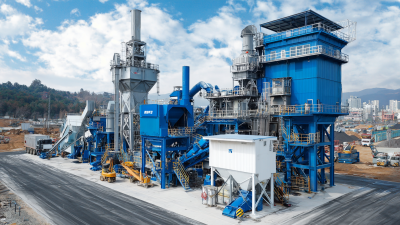How to Select the Best Asphalt Plant for Your Global Projects
In the ever-evolving world of construction and infrastructure development, the choice of an Asphalt Plant is paramount for ensuring project success and sustainability. According to the latest report from the Global Asphalt Plant Market, the industry is projected to grow at a CAGR of 4.5% from 2023 to 2030, driven by increasing urbanization and road construction activities worldwide.
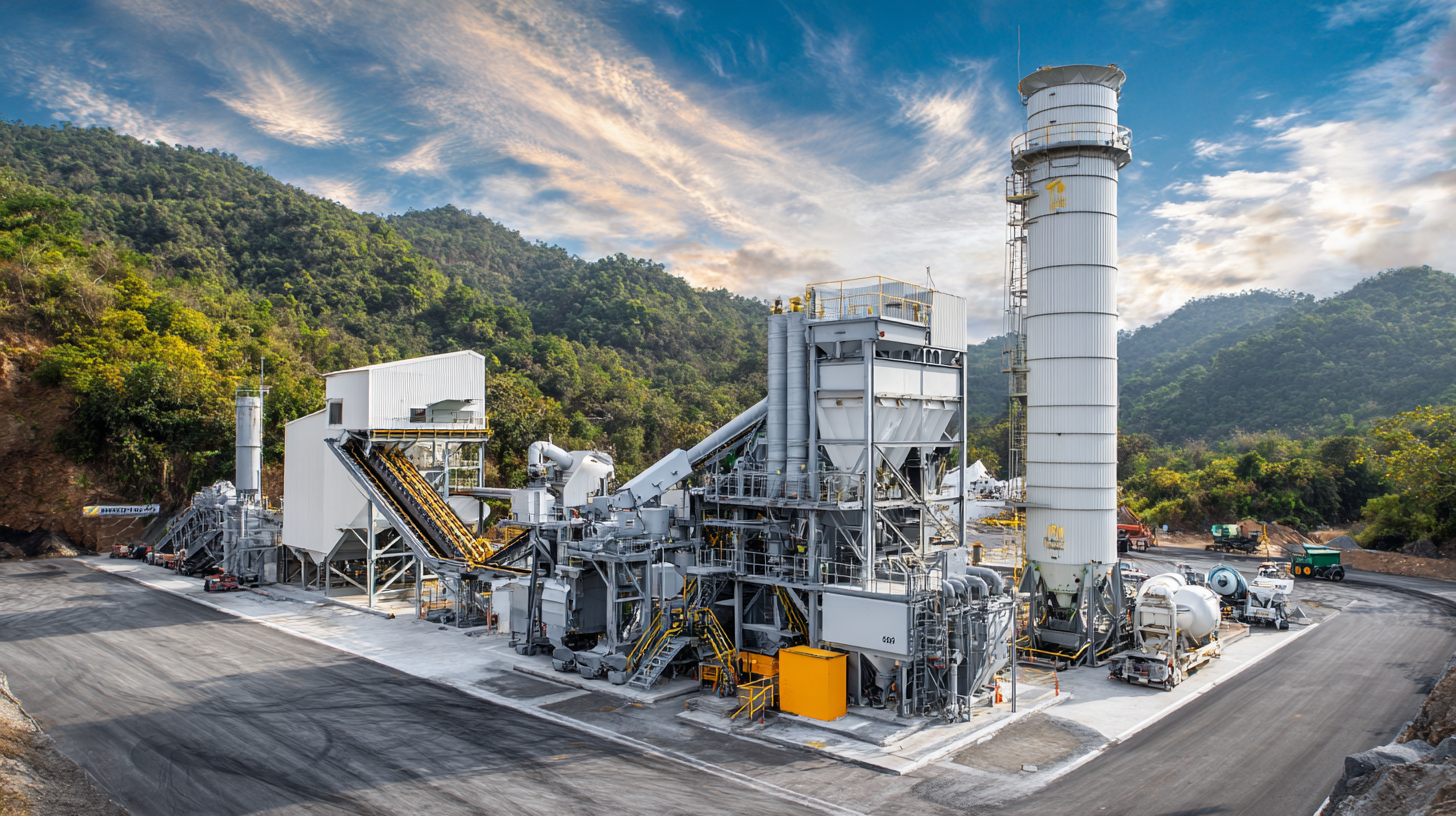 Selecting the right Asphalt Plant not only affects the quality of the asphalt produced but also influences project timelines and overall operational costs. From stationary to mobile plants, understanding the specific needs of your global projects, including capacity, compliance with environmental regulations, and technological advancements,
is essential for optimizing performance and efficiency. This guide will provide key insights into the essential factors to consider when choosing the best Asphalt Plant for your ventures, helping you to make informed decisions that align with industry standards and project requirements.
Selecting the right Asphalt Plant not only affects the quality of the asphalt produced but also influences project timelines and overall operational costs. From stationary to mobile plants, understanding the specific needs of your global projects, including capacity, compliance with environmental regulations, and technological advancements,
is essential for optimizing performance and efficiency. This guide will provide key insights into the essential factors to consider when choosing the best Asphalt Plant for your ventures, helping you to make informed decisions that align with industry standards and project requirements.
Factors to Consider When Choosing an Asphalt Plant for International Projects
When selecting an asphalt plant for international projects, several critical factors must be considered to ensure efficiency and compliance with local regulations. First and foremost, examine the plant's production capacity, as different projects may require varying volumes of asphalt. Understanding your project's scale and timeline will help determine the appropriate capacity of the plant, allowing for timely delivery without compromising quality.
Another essential consideration is the plant’s adaptability to local environments and regulations. Each country has its own standards regarding emissions and environmental impact. Therefore, select a plant capable of meeting or exceeding these requirements to avoid legal issues and delays. Additionally, consider the technological features of the plant, such as automated controls and mixing capabilities, which can enhance production efficiency and consistency in the asphalt mix.
Finally, logistical aspects play a vital role in your decision-making process. Assess the plant's ease of transportation and installation, especially in remote areas or regions with less developed infrastructure. A plant that can be quickly assembled and operationalized will significantly contribute to the success of your global project, minimizing downtime and maximizing productivity.
Comparison of Key Factors for Selecting Asphalt Plants
This chart illustrates the importance of various factors to consider when selecting an asphalt plant for global projects. The data highlights the average rating of each factor based on industry feedback.
Evaluating Production Capacity and Technology Advancements in Asphalt Plants
When selecting the best asphalt plant for global projects, it is crucial to evaluate production capacity alongside the latest technology advancements. Production capacity directly impacts project timelines and efficiency; therefore, choosing a plant that can meet the demands of varied project scales is essential. Modern asphalt plants often offer a range of outputs, catering to both high-volume and smaller jobs. Assessing the plant’s maximum production rate will help ensure that it aligns with your project requirements.
In addition to production capacity, advancements in technology can significantly improve the quality of asphalt and reduce environmental impact. Look for plants that incorporate features such as warm-mix asphalt technology, which allows for lower temperatures during production, resulting in energy savings and reduced emissions. Additionally, consider systems that enable real-time monitoring and automation, which can enhance workflow efficiency and ensure consistent product quality. Investing in an asphalt plant that integrates these technological innovations will not only optimize production but also contribute positively to sustainability goals in your global projects.
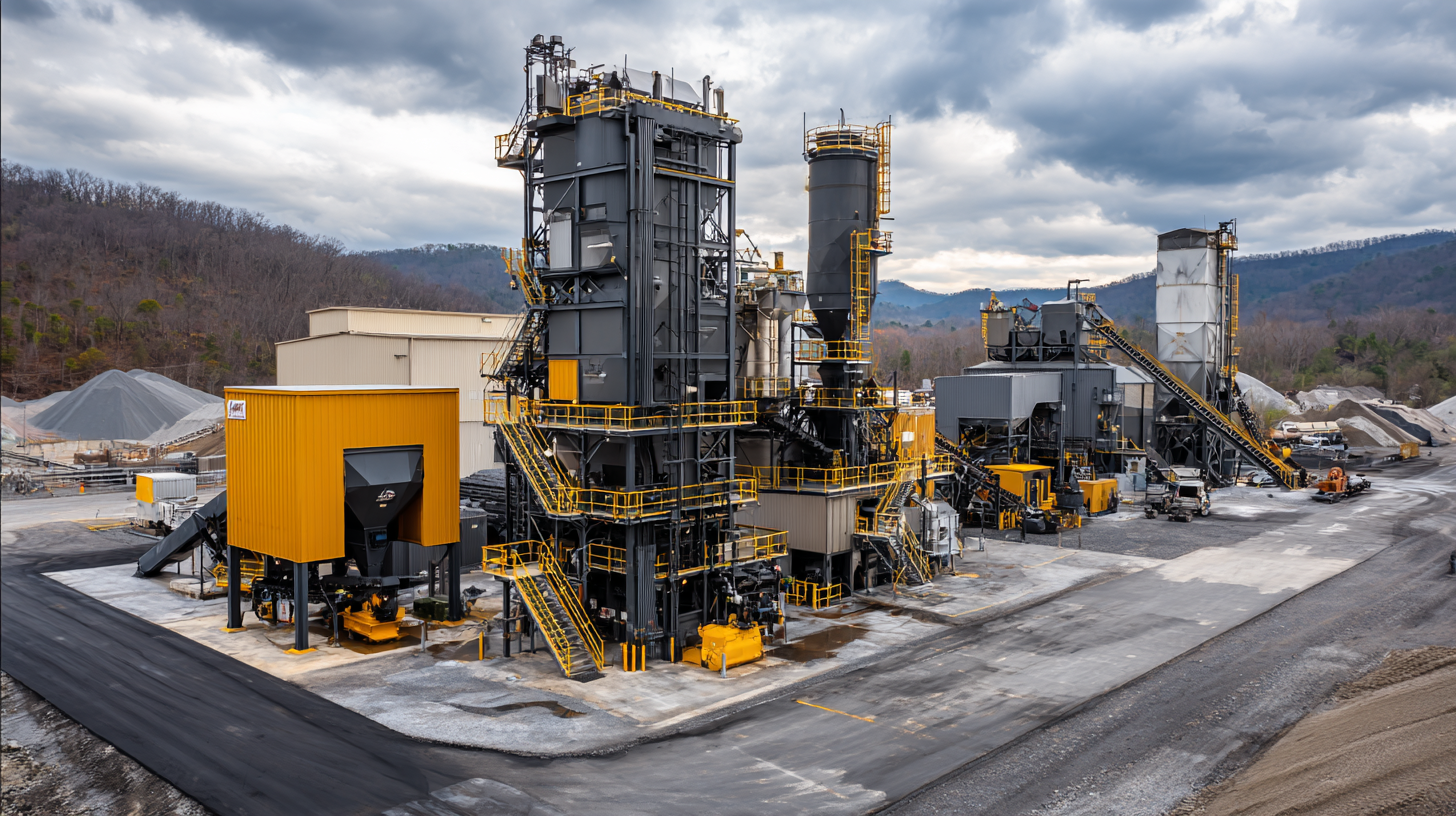
Understanding Regulatory Compliance and Environmental Impact of Asphalt Production
When selecting the best asphalt plant for global projects, understanding regulatory compliance and the environmental impact of asphalt production is crucial. Regulatory frameworks vary across regions, often dictating the standards for emissions, waste management, and material sourcing. Familiarizing yourself with local regulations can help avoid legal complications and ensure that your project meets safety and environmental standards.
**Tip**: Before finalizing your asphalt plant choice, conduct a thorough review of local environmental regulations. This includes emissions limits, noise restrictions, and waste disposal guidelines. Engaging with local authorities can also provide clarity on compliance requirements.
The environmental impact of asphalt production cannot be overlooked. Asphalt plants contribute to greenhouse gas emissions and may pose risks to air and water quality if not managed properly. Selecting a plant that incorporates advanced pollution control technologies can significantly reduce these impacts.
**Tip**: Look for asphalt plants that utilize sustainable practices, such as recycling materials and using warm-mix asphalt technologies. These methods not only mitigate environmental damage but can also enhance the overall sustainability of your project. By prioritizing compliance and environmental stewardship, you can contribute to responsible construction practices worldwide.
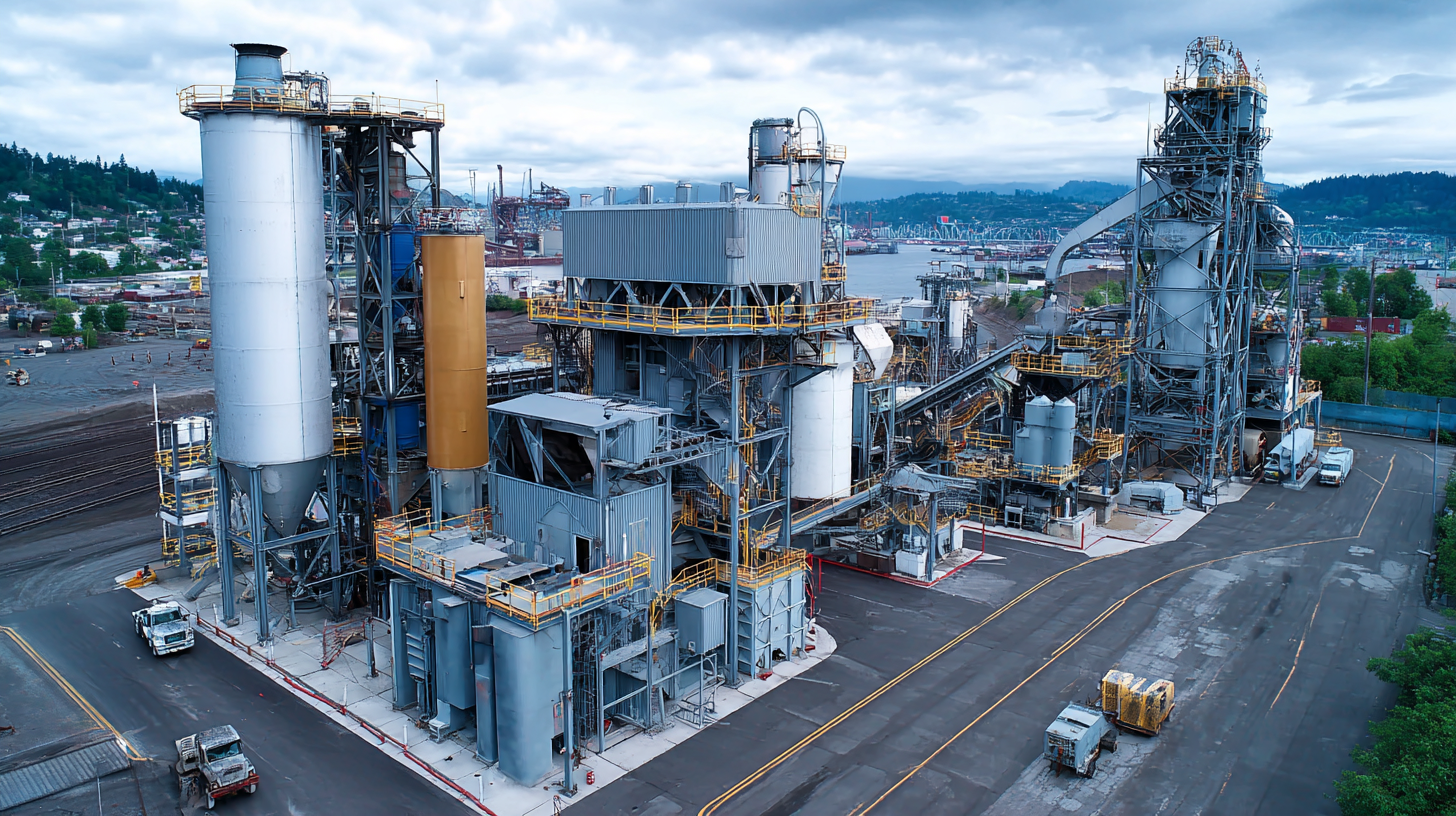
Assessing the Total Cost of Ownership for Asphalt Plants Across Different Markets
When selecting the best asphalt plant for global projects, understanding the total cost of ownership (TCO) is crucial. TCO goes beyond the initial investment and encompasses all costs associated with the plant over its entire lifecycle. This includes operational costs, maintenance, energy consumption, and any potential downtime. By evaluating these factors, project managers can better assess the long-term financial implications of their choices, ensuring that they choose a plant that not only fits their immediate budget but also serves their operational needs effectively.
Different markets may present unique challenges and opportunities that influence TCO. For instance, regulatory environments, labor costs, and material availability can vary significantly across regions, impacting how an asphalt plant performs and how much it ultimately costs to operate. An effective analysis should consider these local factors to tailor the selected plant to the specific environment. By conducting thorough research and financial modeling, project managers can make informed decisions that align with their project's goals and budgets, resulting in a more sustainable and profitable operation.
Analyzing Supplier Reputation and Support Services for Global Asphalt Projects
Selecting the best asphalt plant for global projects goes beyond technical specifications; supplier reputation and support services play crucial roles in ensuring project success. A reliable supplier not only provides high-quality equipment but also stands by its customers through comprehensive support throughout the project lifecycle. When evaluating potential suppliers, it’s essential to assess their track record in customer service. Engage with previous clients and seek feedback about their experiences to gain insights into the supplier's reliability and responsiveness.
Tips: Prioritize suppliers who offer extensive training programs for your team. Having a well-trained workforce can significantly enhance productivity and minimize errors during project execution. Additionally, consider suppliers with a proactive approach to after-sales support. Regular maintenance and quick response times for repairs can prevent costly downtimes and ensure your projects stay on schedule.
In an environment increasingly focused on ethical practices, consider suppliers who are transparent about their labor policies and practices. As seen in various recent cases highlighting ethical workforce management, partnering with companies that prioritize ethical sourcing and labor integrity not only protects your reputation but also aligns with global standards. Choosing a supplier committed to ethical practices can contribute positively to your brand image in an increasingly conscientious market.

Home
About Us
Products
 Concrete Mixing Plant
Concrete Mixing Plant
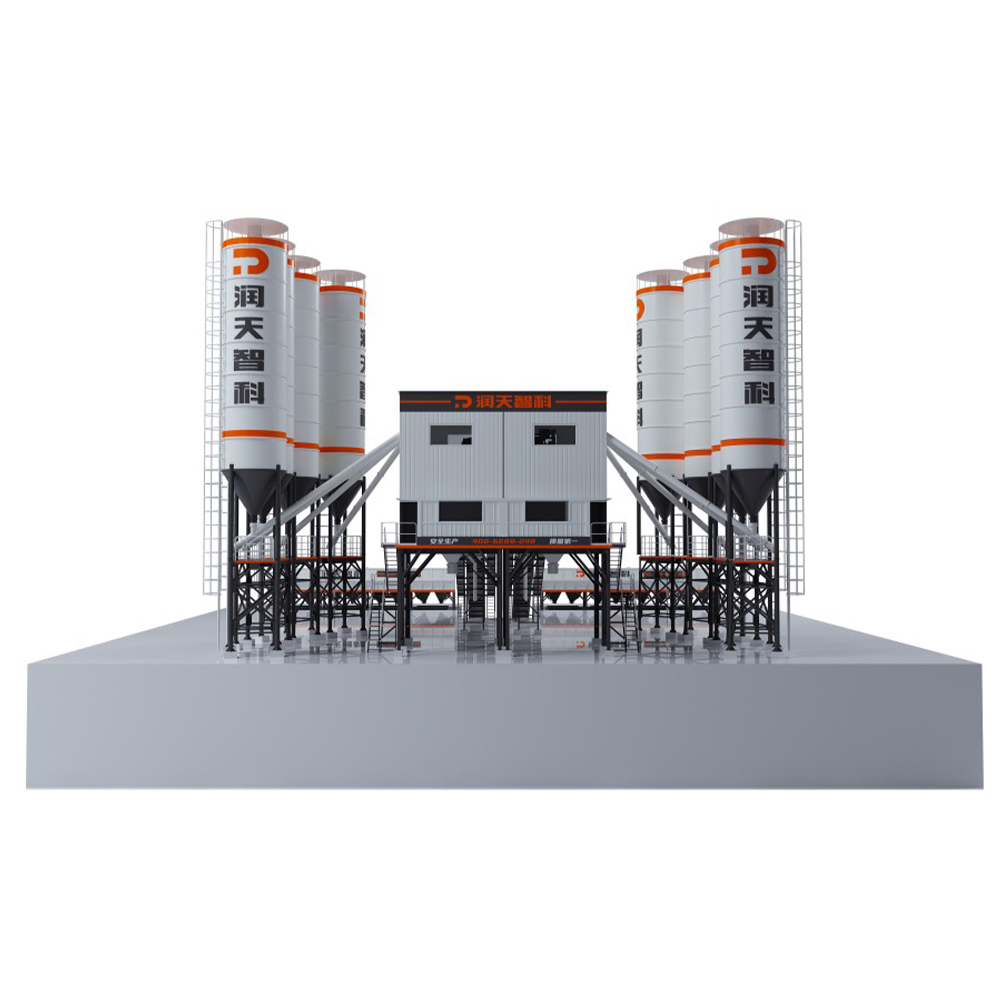 HZS Series Belt Concrete Mixing Plant
HZS Series Belt Concrete Mixing Plant
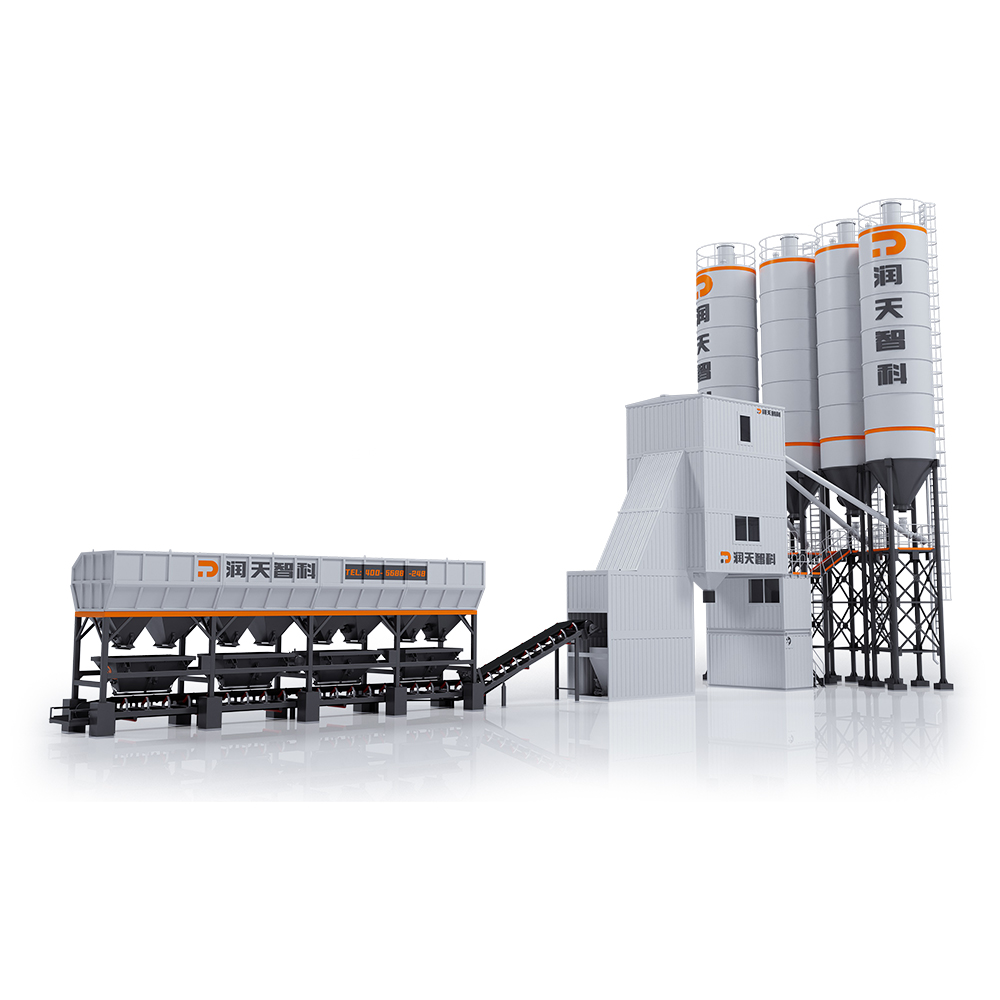 HZS Series Bucket-Lifting Type Container Concrete Mixing Plant
HZS Series Bucket-Lifting Type Container Concrete Mixing Plant
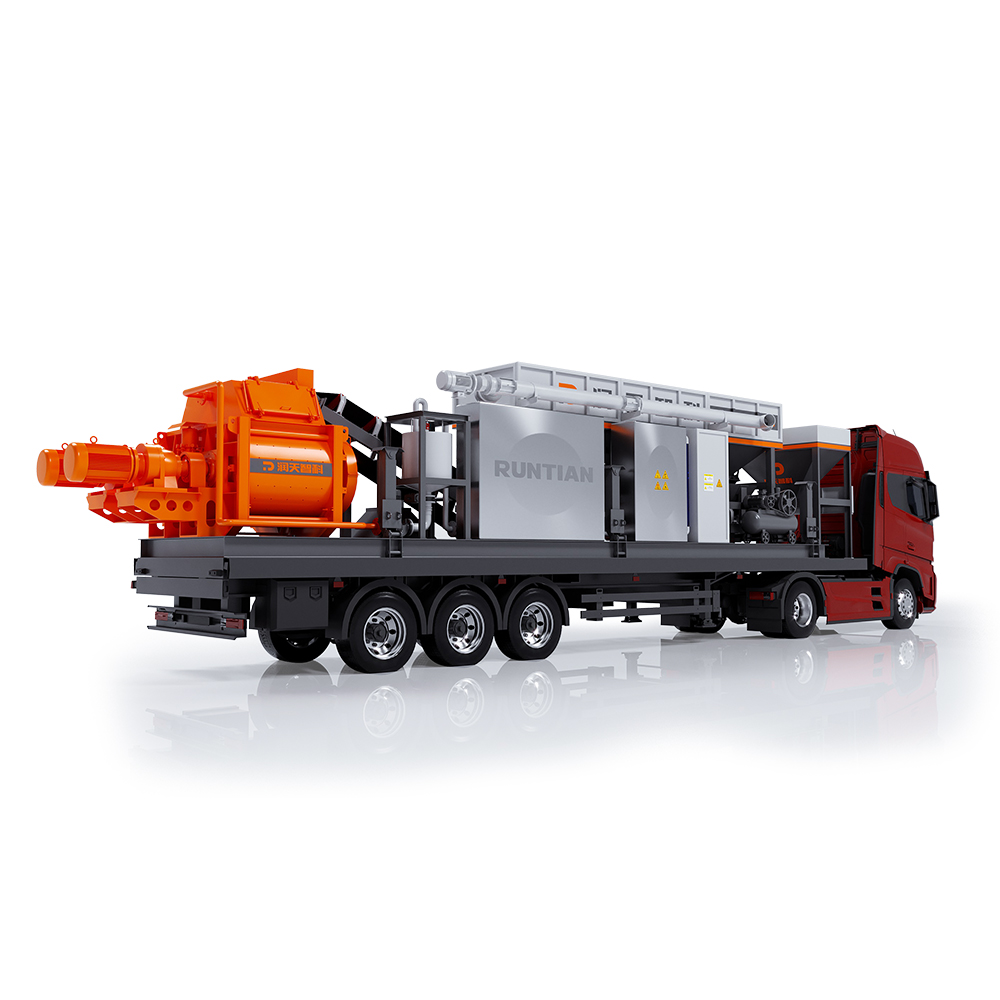 HZS60 Mobile Concrete Mixing Plant
HZS60 Mobile Concrete Mixing Plant
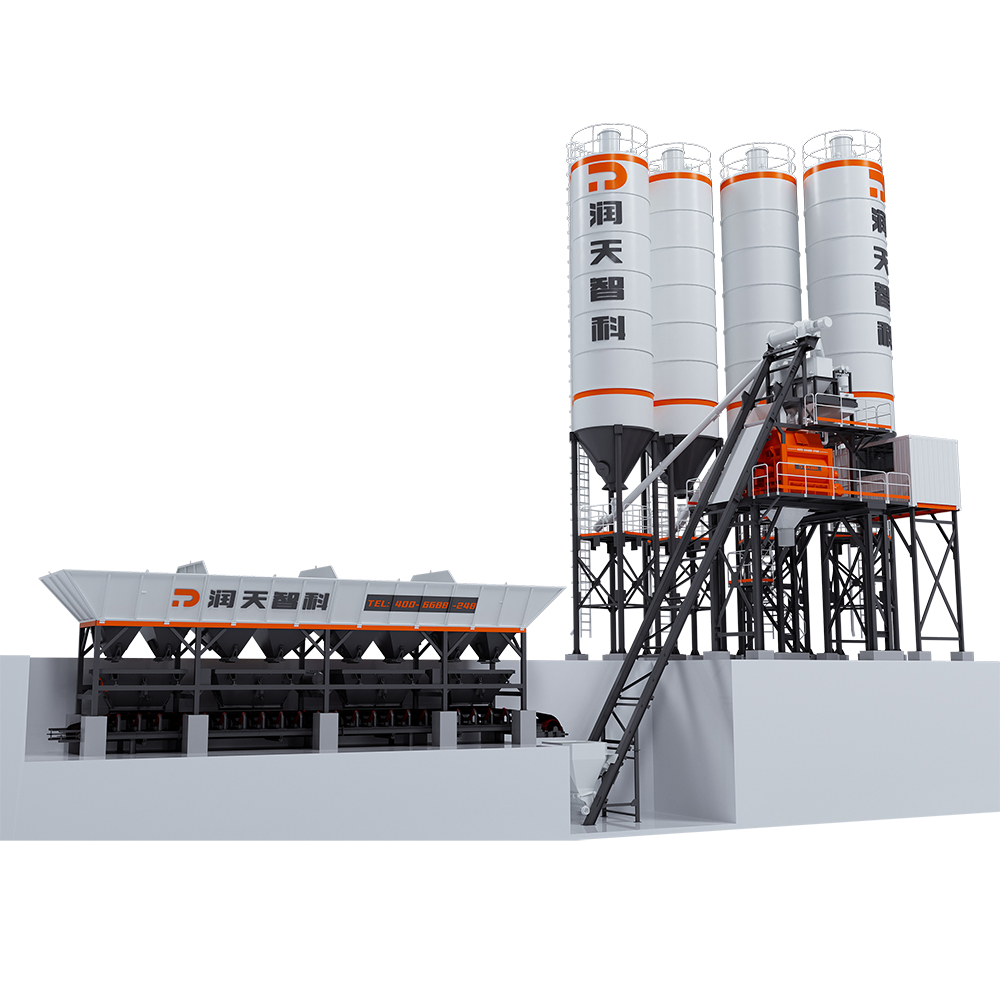 HZS Series Bucket-Lifting Type Concrete Mixing Plant
HZS Series Bucket-Lifting Type Concrete Mixing Plant
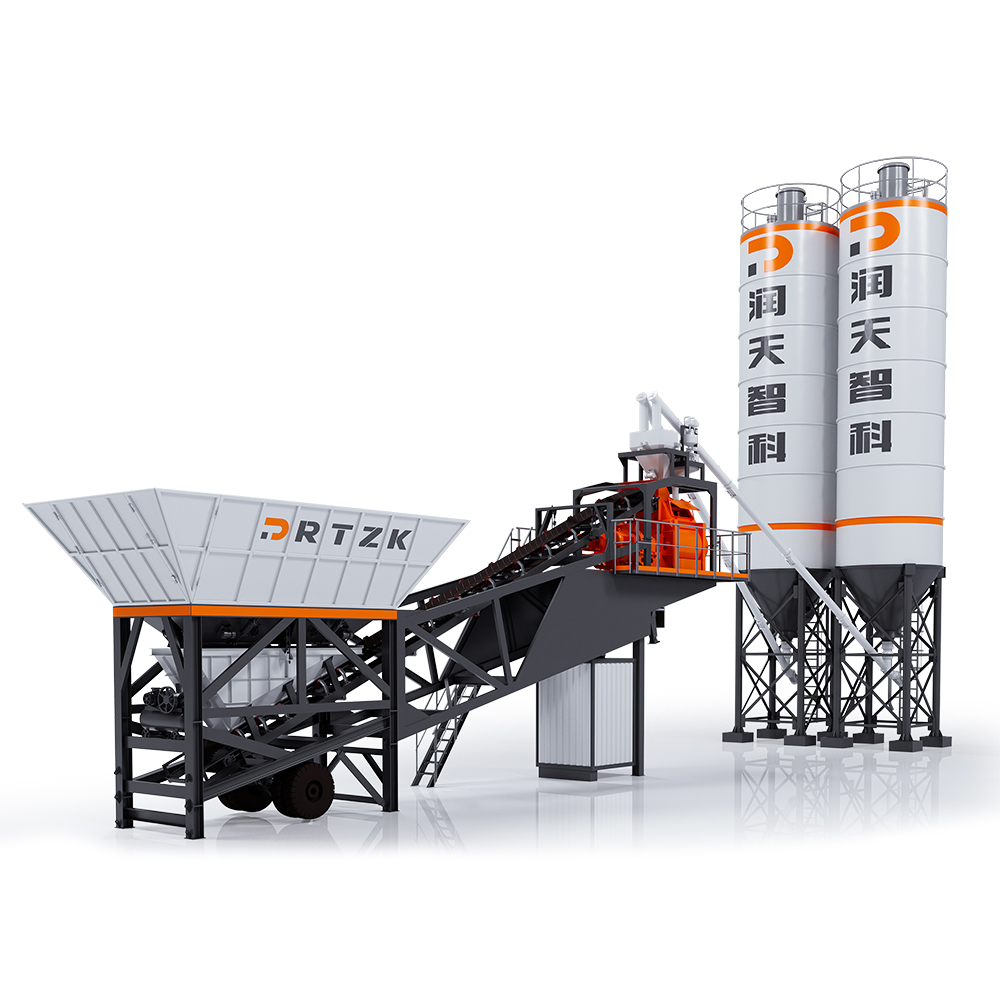 HZS Series Mobile Concrete Mixing Plant
HZS Series Mobile Concrete Mixing Plant
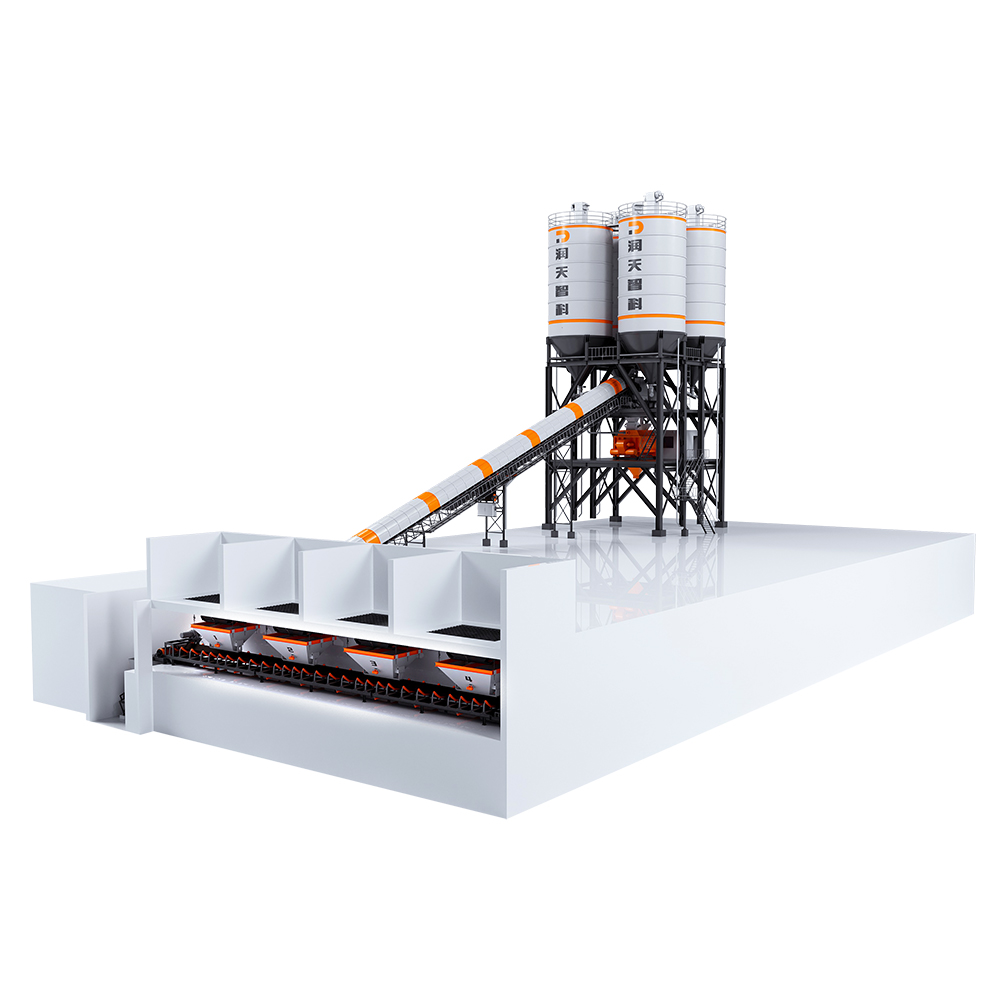 HZS Series Top-Mounted Concrete Mixing plant
HZS Series Top-Mounted Concrete Mixing plant
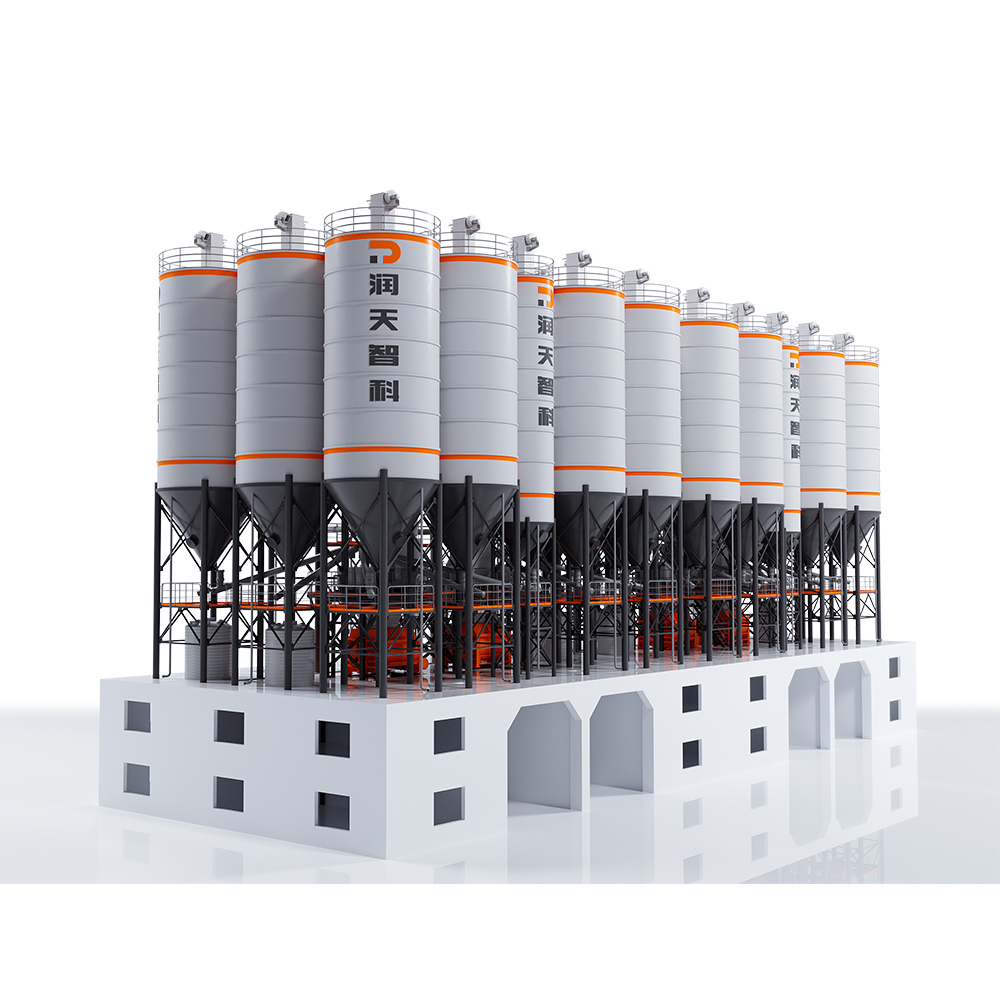 HZS Series Semi-Top Mounted Concrete Mixing Plant
HZS Series Semi-Top Mounted Concrete Mixing Plant
 Stabilized Soil Mixing Plant
Stabilized Soil Mixing Plant
 Asphalt Mixing Plant
Asphalt Mixing Plant
 Sand & Gravel Crushing and Screening Plant
Sand & Gravel Crushing and Screening Plant
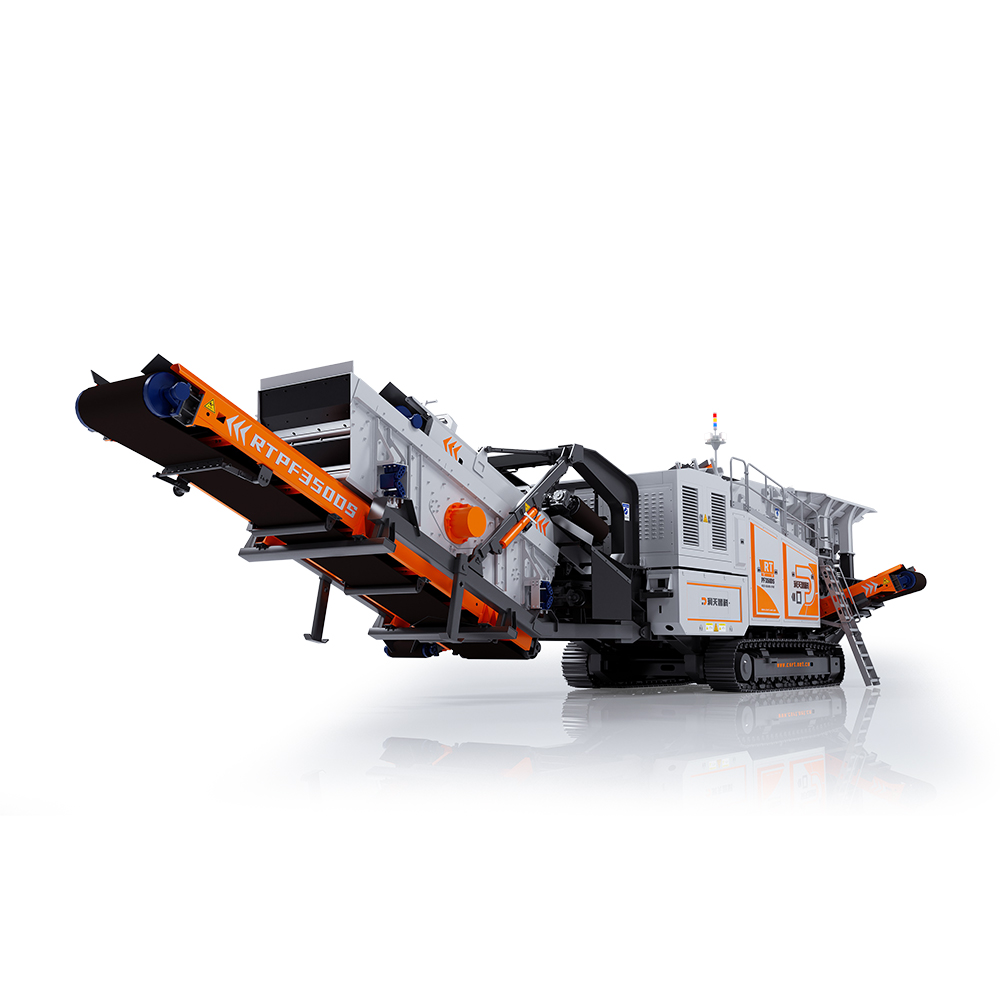 RTPF350DS Crawler Mobile Impact Crushing Plant
RTPF350DS Crawler Mobile Impact Crushing Plant
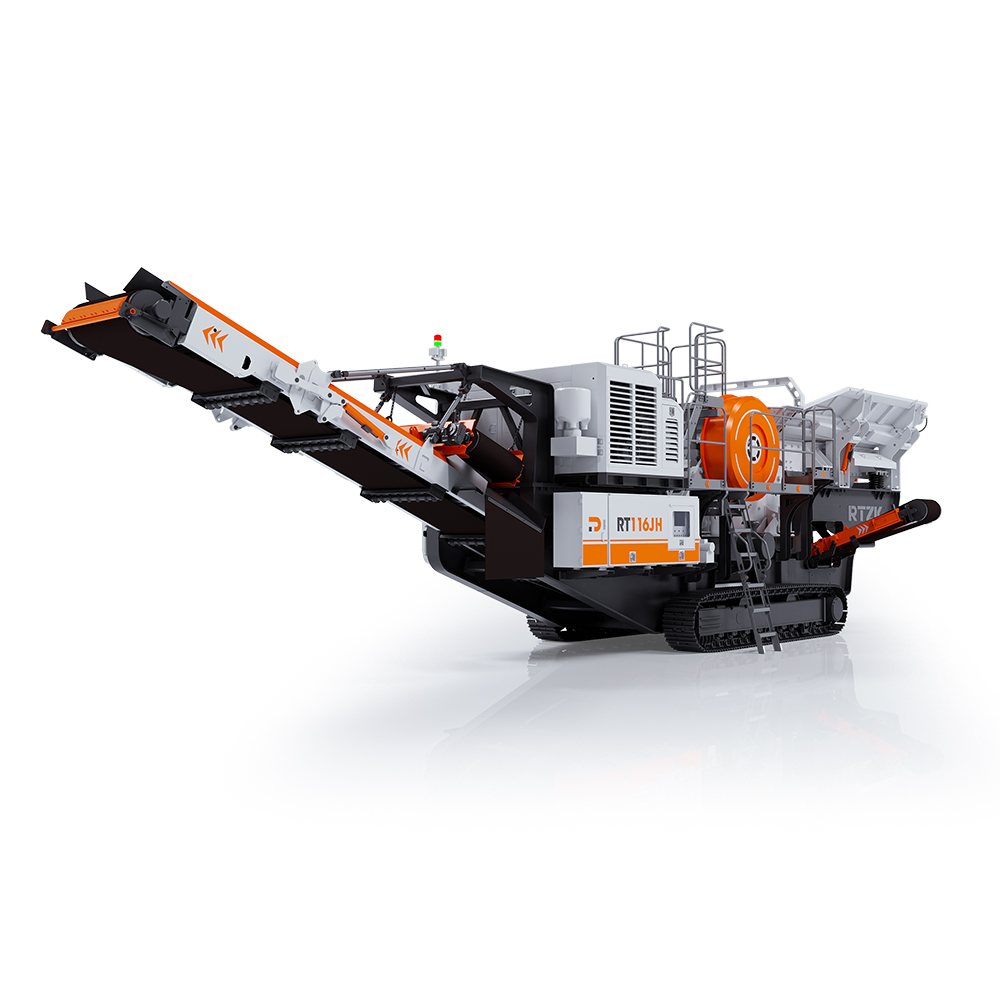 RT116JH Crawler Mobile Jaw Crushing Plant
RT116JH Crawler Mobile Jaw Crushing Plant
 RT116JE Crawler Mobile Jaw Crushing Plant
RT116JE Crawler Mobile Jaw Crushing Plant
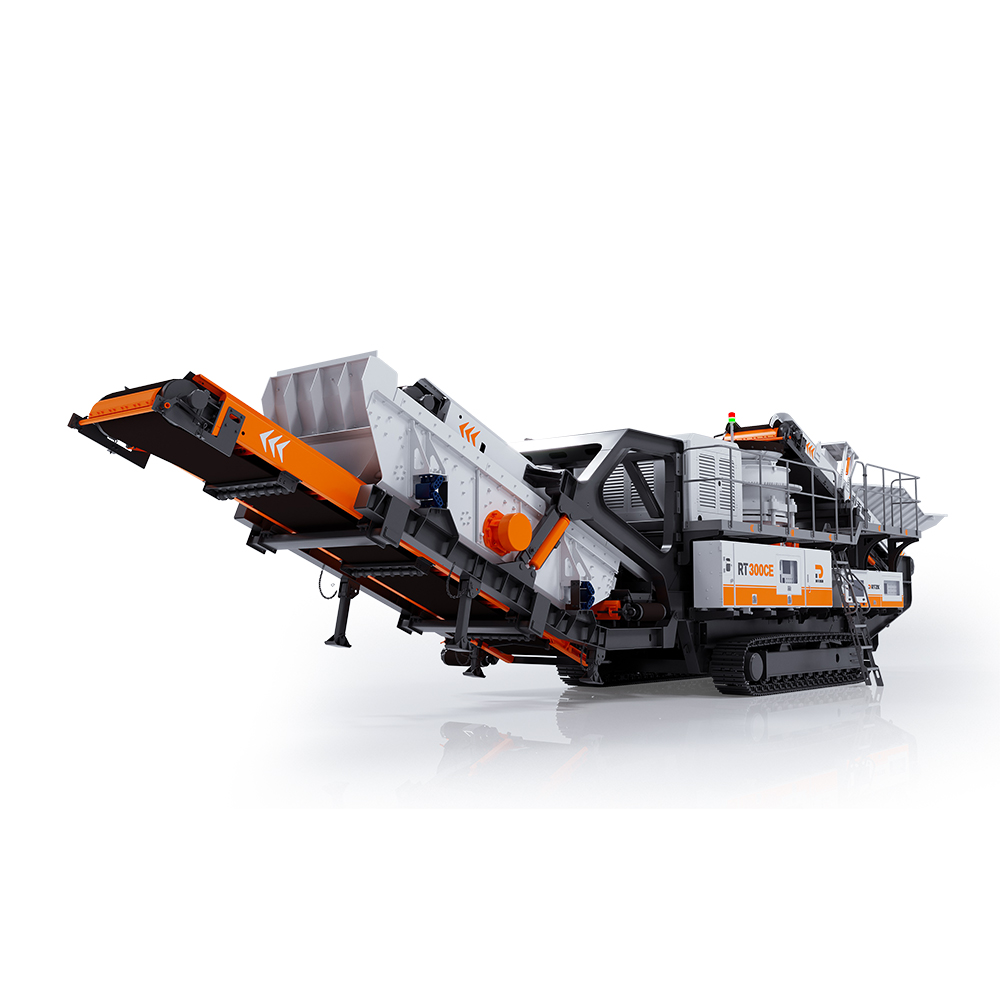 RT300CE Crawler Mobile Cone Crushing Plant
RT300CE Crawler Mobile Cone Crushing Plant
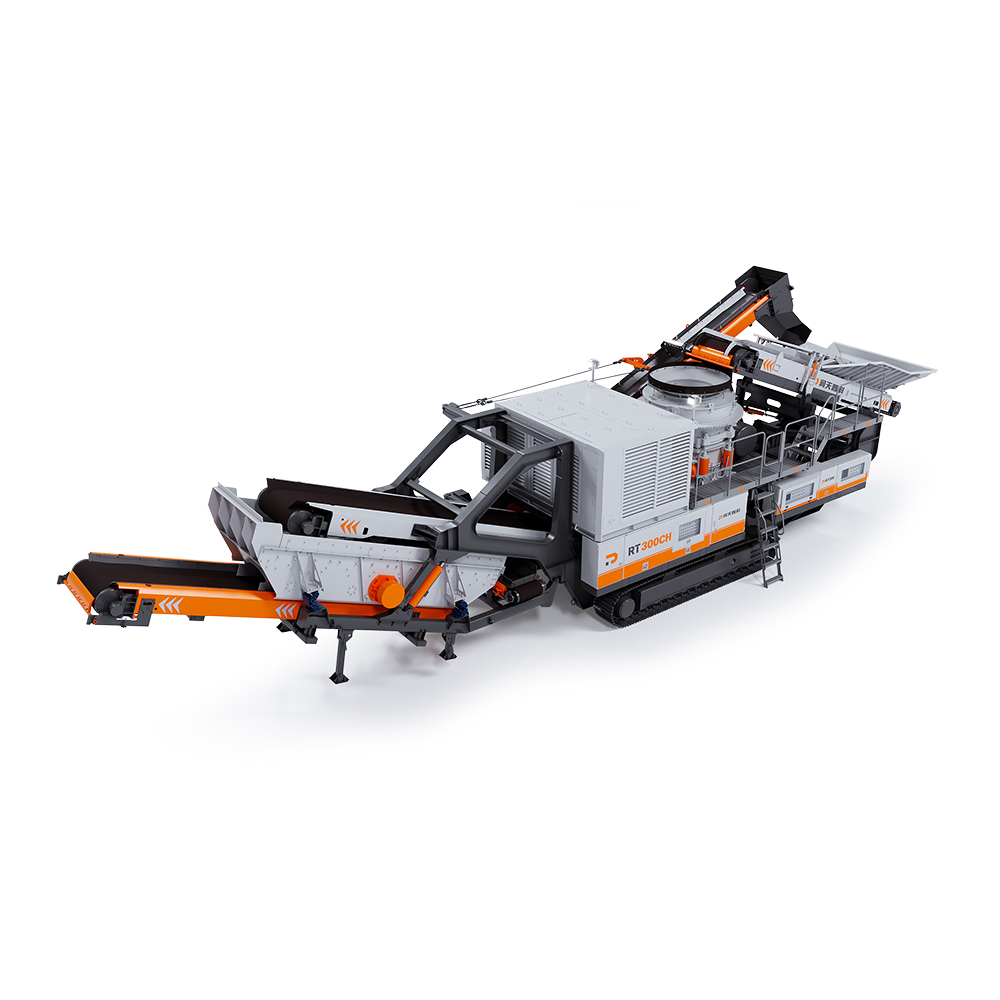 RT300CH Crawler Mobile Cone Crushing Plant
RT300CH Crawler Mobile Cone Crushing Plant
 RT5015H Mobile Scalping Screen
RT5015H Mobile Scalping Screen
 RT315VSIE Crawler Mobile Sand Maker
RT315VSIE Crawler Mobile Sand Maker
 RT3YK6020 Crawler Mobile Screening Plant
RT3YK6020 Crawler Mobile Screening Plant
 RT3YK6020M Modular Screening Plant
RT3YK6020M Modular Screening Plant
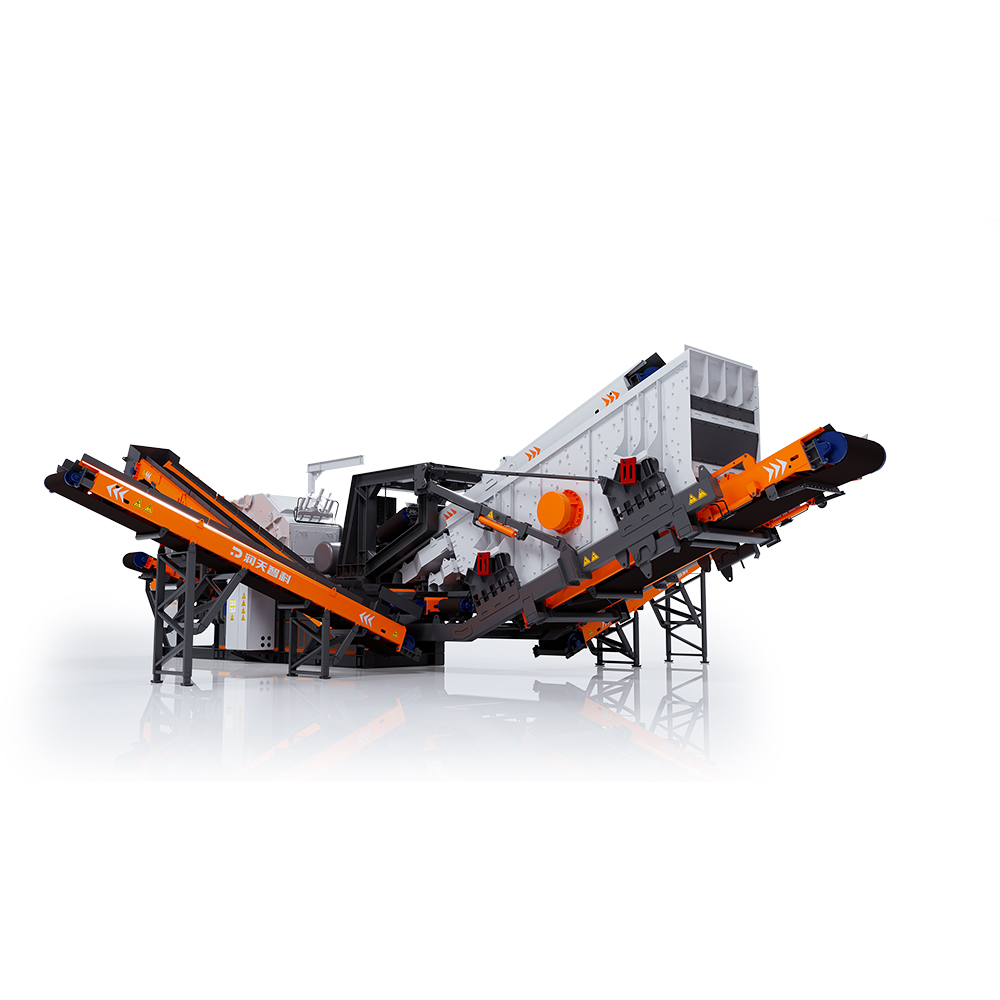 RTF260M Modular Counterattack Crushing and Screening Integrated Machine
RTF260M Modular Counterattack Crushing and Screening Integrated Machine
 RTF350M Modular Impact Crushing Plant
RTF350M Modular Impact Crushing Plant
 RTF450M Modular Impact Crushing Plant
RTF450M Modular Impact Crushing Plant
 Construction Waste Resourceful Treatment Line
Construction Waste Resourceful Treatment Line
Performances
Video
News
Blog
Contact Us
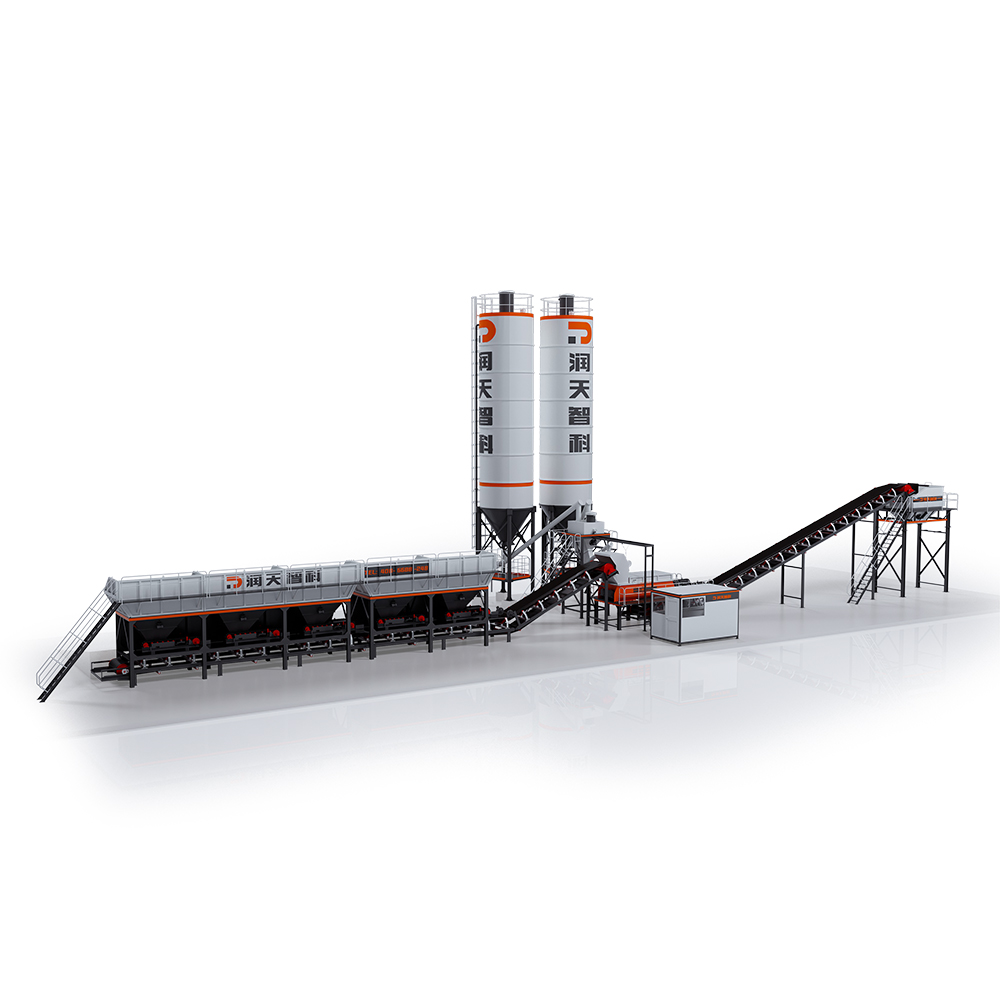 WDB Series Foundation-Free Stability Soil Mixing Plant
WDB Series Foundation-Free Stability Soil Mixing Plant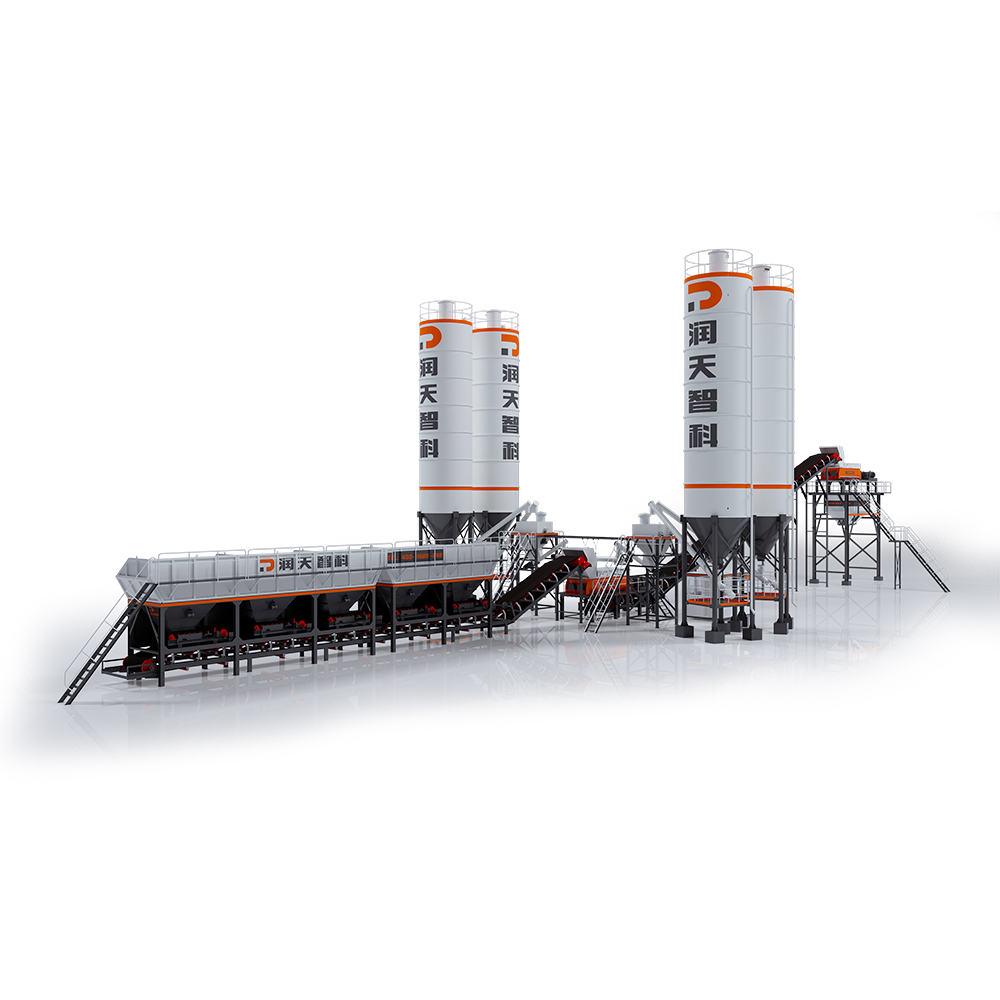 LCB Series Emulsified Asphalt Cold Regeneration Secondary Mixing Plant
LCB Series Emulsified Asphalt Cold Regeneration Secondary Mixing Plant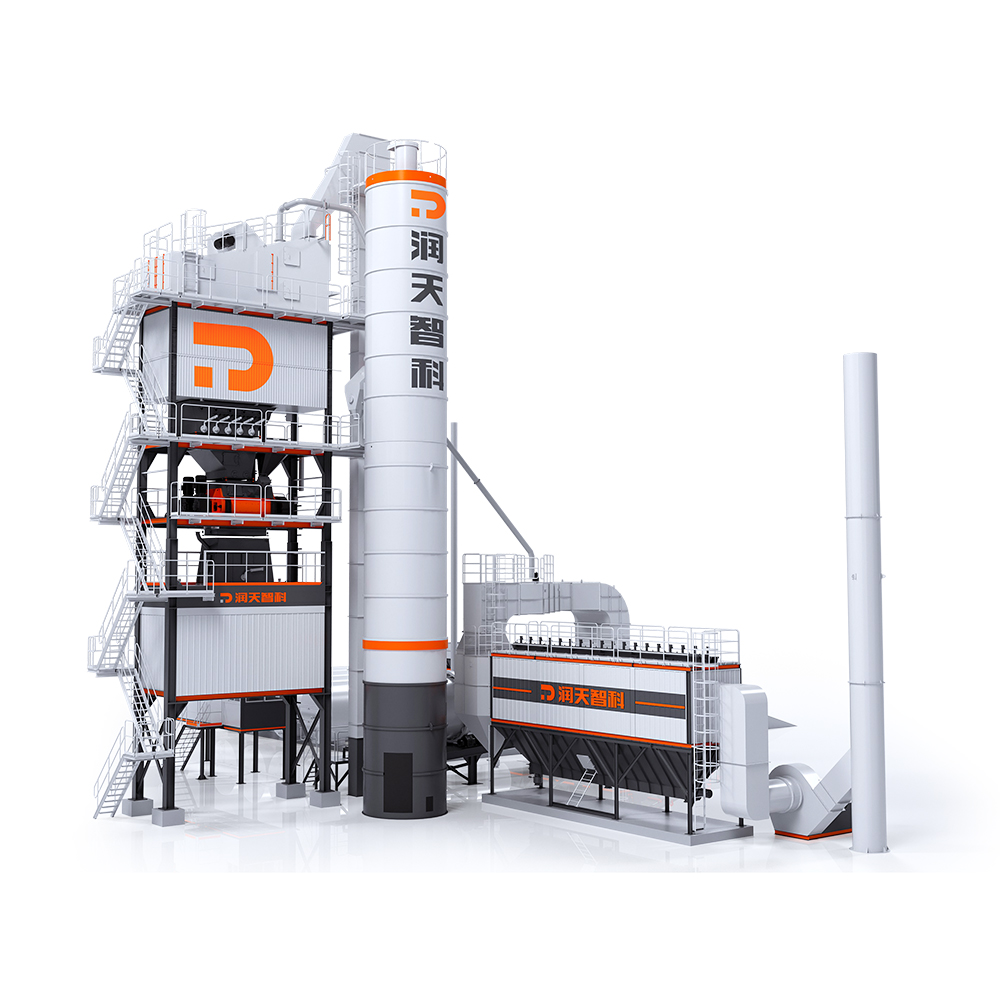 LB Series Asphalt Mixing Plant
LB Series Asphalt Mixing Plant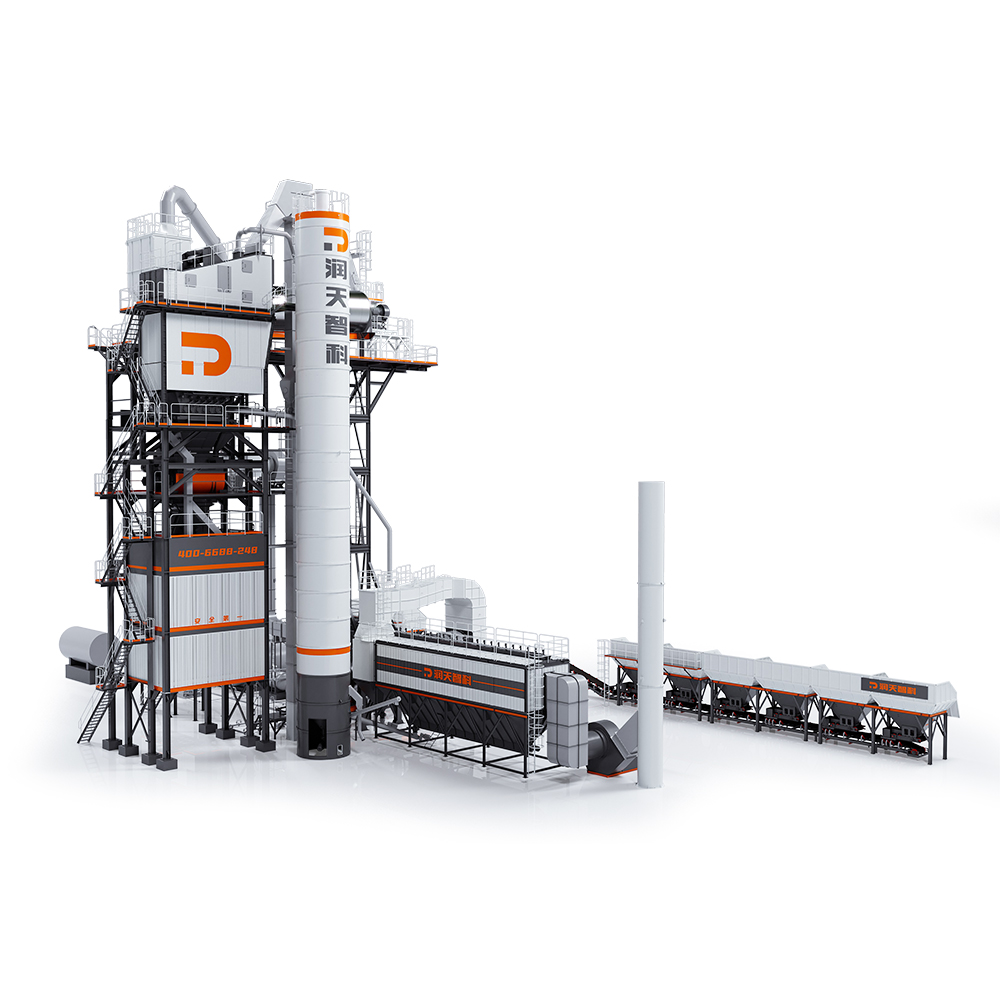 LBR Series Integrated Asphalt Mixing Plant
LBR Series Integrated Asphalt Mixing Plant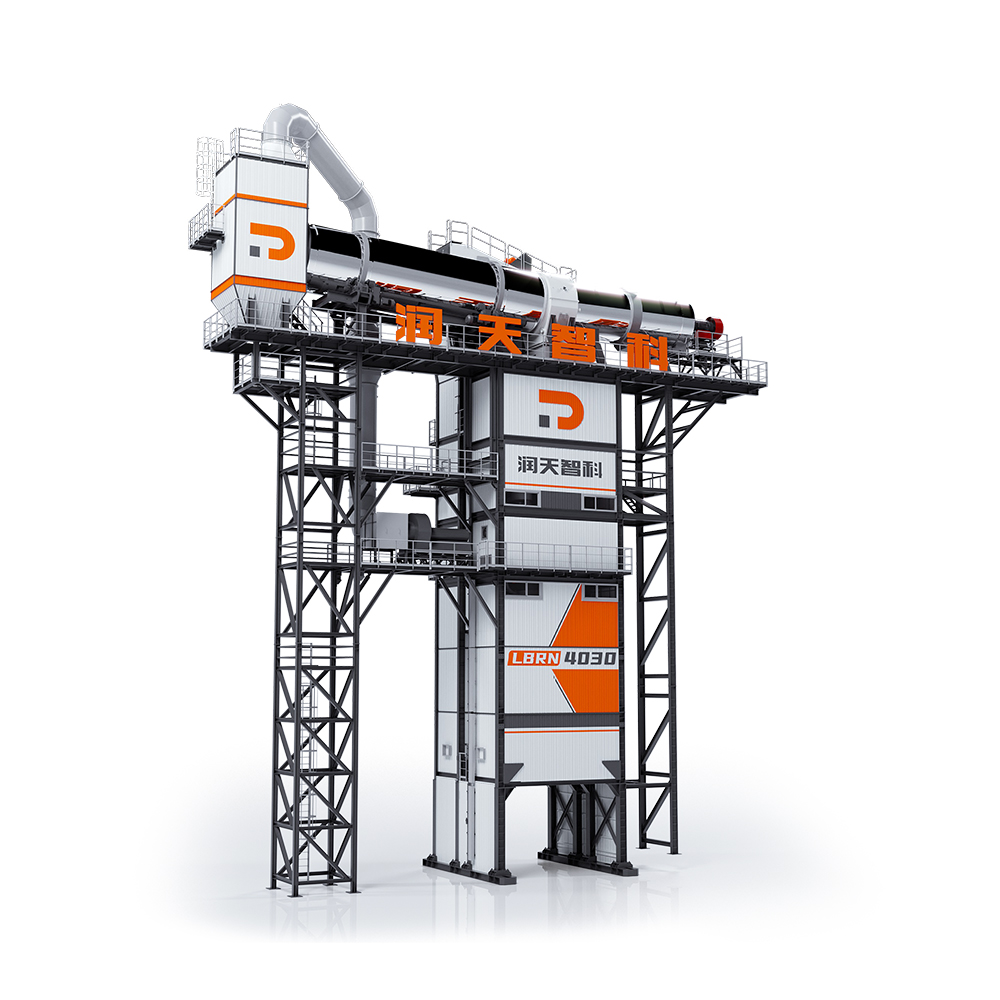 LBRN Series Counterflow Integral Asphalt Mixing Plant
LBRN Series Counterflow Integral Asphalt Mixing Plant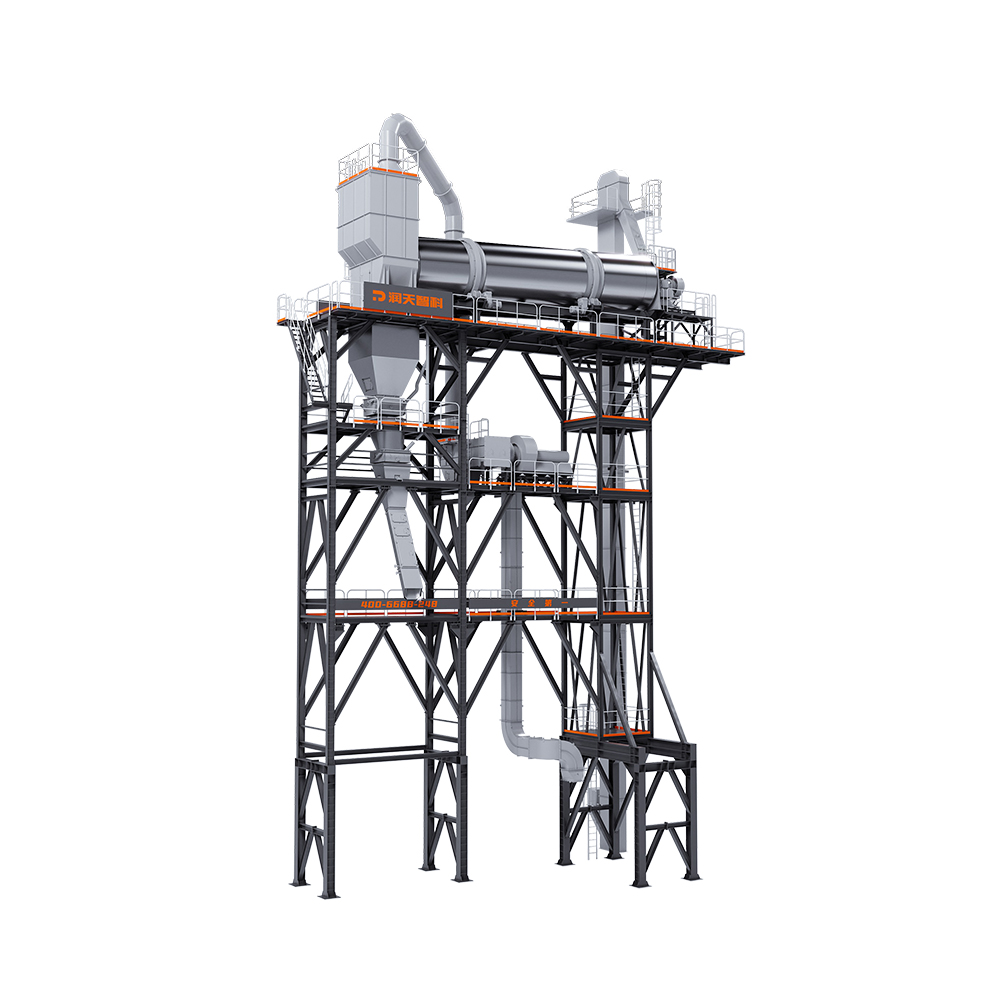 RZS Series Asphalt Mixing Plant
RZS Series Asphalt Mixing Plant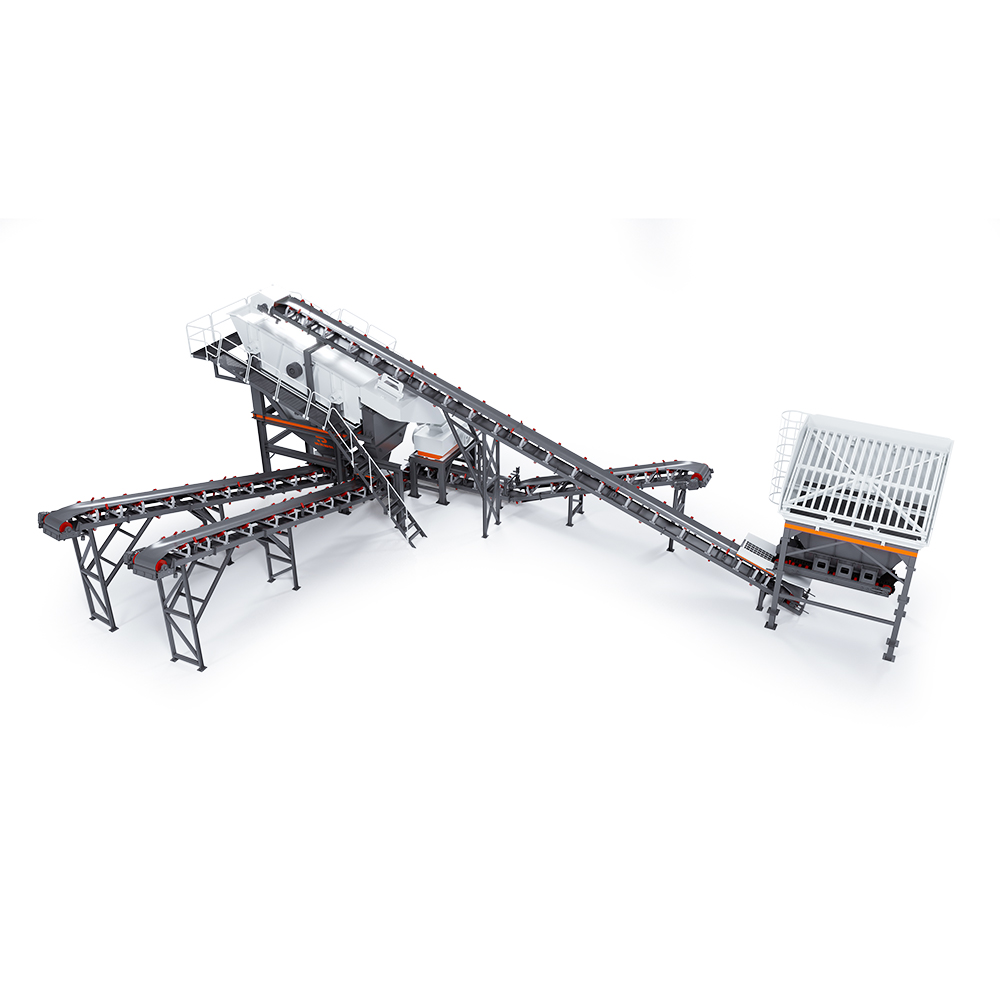 RTZS120 Series RAP Crushing & Screening Plant
RTZS120 Series RAP Crushing & Screening Plant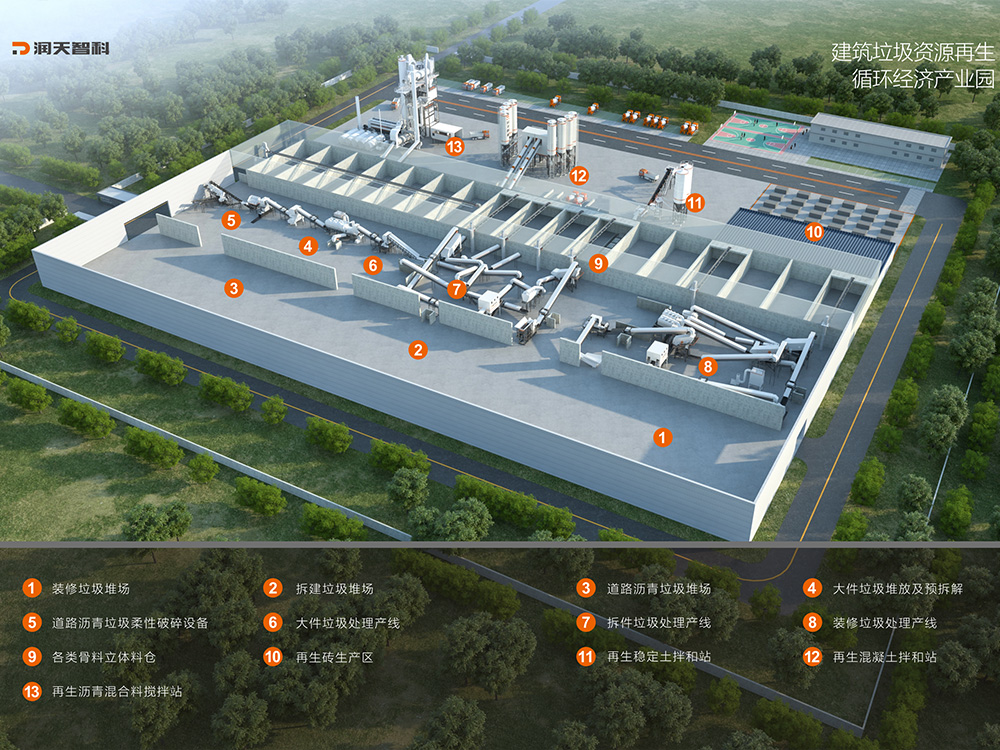 Construction Waste Resourceful Treatment Line
Construction Waste Resourceful Treatment Line Selecting the right Asphalt Plant not only affects the quality of the asphalt produced but also influences project timelines and overall operational costs. From stationary to mobile plants, understanding the specific needs of your global projects, including capacity, compliance with environmental regulations, and technological advancements,
is essential for optimizing performance and efficiency. This guide will provide key insights into the essential factors to consider when choosing the best Asphalt Plant for your ventures, helping you to make informed decisions that align with industry standards and project requirements.
Selecting the right Asphalt Plant not only affects the quality of the asphalt produced but also influences project timelines and overall operational costs. From stationary to mobile plants, understanding the specific needs of your global projects, including capacity, compliance with environmental regulations, and technological advancements,
is essential for optimizing performance and efficiency. This guide will provide key insights into the essential factors to consider when choosing the best Asphalt Plant for your ventures, helping you to make informed decisions that align with industry standards and project requirements.



